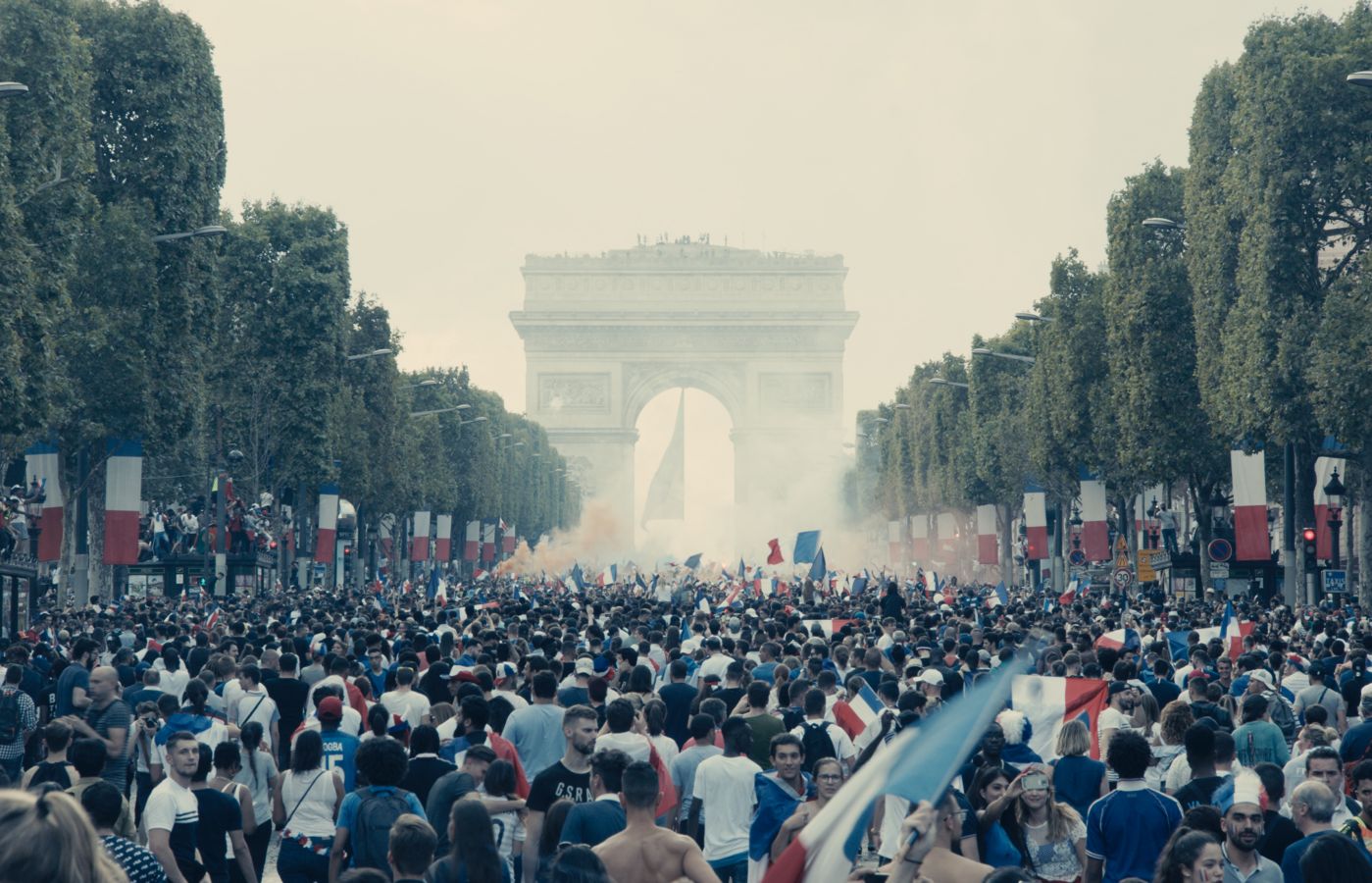
- Golden Globe Awards
Les Misérables (France)
They are three cops of the anti-crime squad assigned to the tough Les Bosquets projects in the impoverished suburbs of Montfermeil, just east of Paris. Stephane (Damien Bonnard) is the new recruit that joins the two blatantly unscrupulous veterans. Racist, short-fused bully Chris (Alexis Manenti) and his disillusioned black partner Gwada (ex-model Djebril Zonga) have been dealing with this problem neighborhood for ten years. Their day job is to patrol the area with impunity, trying to catch delinquents in the act (sometimes with highly dubious methods), to defuse any volatile situation and to deal with a melting pot of disparate cultures. Muslims, religious zealots, North African immigrants, gypsy travelers, local gangs, all are forced to cohabit in often confrontational ways. When an arrest involving a teenager turns unexpectedly violent, the three officers must reckon with the aftermath to keep the neighborhood from spiraling out of control and avoid a gigantic race riot.Les Misérables is 39-year-old Franco Malian writer-director Ladj Ly’s first film. It made its debut at the latest Cannes Festival where it won the Jury Prize, shared with Brazilian duo Kleber Mendonça Filho and Juliano Dornelles’ Bacurau. “With such a title, people often think it is another adaptation of Victor Hugo’s book,” comments the director. Indeed, part of the 1862 monumental novel takes place in Montfermeil, a city where Ly actually grew up. He still lives in Les Bosquets, and that’s where he shot the movie in its entirety during six weeks of last summer. His motivation: “To make the point that the same social misery still exists and not much has changed in more than a century for the left-out people nobody seems to care about, especially the politicians.”Ly knows his subject firsthand. Filmmaking has been second nature to him since he started using a camera at 17. Les Bosquets was his playground. “I only get inspiration from reality and what I experienced”, he explains. “I always considered my camera as a weapon. A few years ago, I began what I called “cop watching” in my neighborhood. Always on the lookout for police abuse, until one day in 2008, just as you see in the movie, I captured the beating of a young black man by cops and posted the video on the internet which triggered an official investigation that led to the firing of the policemen involved. It was the first in France. This is how I got the idea for the movie which took me ten years to make.”For his approach, Ly got some inspiration from the style of Paul Greengrass’ Bloody Sunday and Kathryn Bigelow’s Detroit but brought his very personal touch as documentary and docu-fiction filmmaker. “I wanted to avoid all the usual clichés that we see in this type of movie. No drugs, no weapons, no rap music. It’s a patriotic film that speaks of France, of social misery and inequality, of police violence and community divisions today. Most people still have no clue what really goes on in those places. They have never been there, and their only information is through the filter of the media and politicians, so when they see the film it is like they get sucker-punched.”Exactly the kind of reactions he expects from an audience. He remains cautiously optimistic and hopes his work might be a wakeup call of sorts. “Police brutality is still happening regularly and makes headlines, so nothing has really progressed.” Les Misérables ends with a Victor Hugo quote: “There are no bad plants or bad men, there are only bad cultivators.” Something to meditate upon in the hope it turns out to be true.